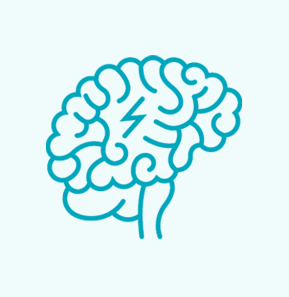
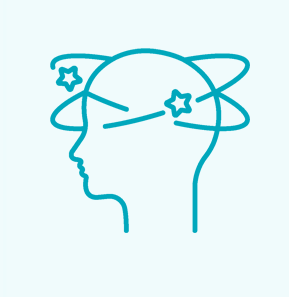
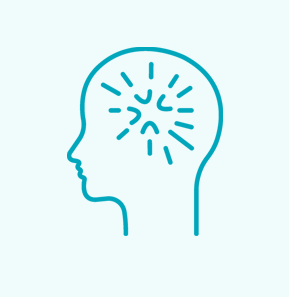

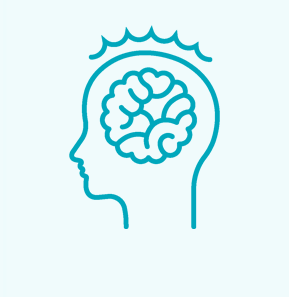







The neurological medical office of Vrizas Michael, in Alexandroupolis, is equipped with modern and state-of-the-art equipment.
The doctor aims at the correct clinical and diagnostic approach to each condition, but also at designing the appropriate treatment plan for each patient.
In his medical office, diagnostic, therapeutic and consultative neurological services are provided, based on current scientific data and guided by the principles of evidence-based medicine.
Higher cortical functions, such as memory, judgment, behavior, etc., are those that are disturbed in dementia – such as in Alzheimer’s disease.
Seizures are born in disorders of neuronal connections in the cerebral cortex, and we investigate the phenomenon of epilepsy in all its manifestations.
Headaches and migraines are very common disabling conditions that prevent people from leading a functional life.
The deep structures of the brain, such as the basal ganglia, carry neuronal circuits that regulate the rhythmicity and sequence of our movements, and in their disturbances Parkinson’s disease and all other movement disorders occur.
In addition to neurodegenerative diseases, there are nosological entities that are due either to direct damage – such as strokes and brain tumors, or to inflammatory processes – so-called autoimmune – such as multiple sclerosis (formerly multiple sclerosis) and related disorders. Multiple sclerosis affects both the brain and the spinal cord. Their symptoms are proportional to the location of the damage in the central nervous system and may include loss of vision and visual field of the eyes, double vision, difficulty speaking, weakness of the upper/lower limb and/or half of the body, numbness, instability, inability to walk etc.
The connection of the central nervous system with the rest of the body is made with the cranial and peripheral nerves and their damage causes paralysis, neuralgia, sensory disorders with the distribution of a single nerve or multiple, as in mononeuropathies (carpal tunnel syndrome) and polyneuropathies (Guillain syndrome Barre).
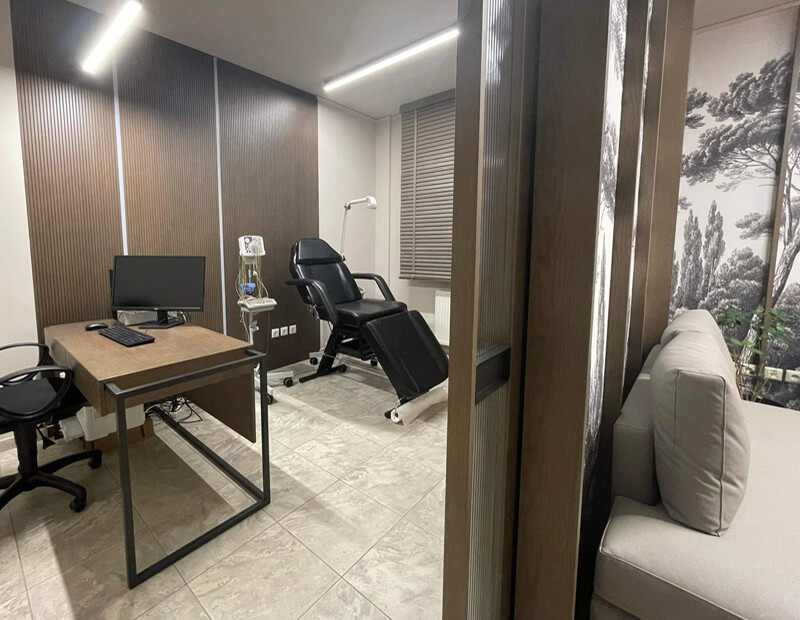
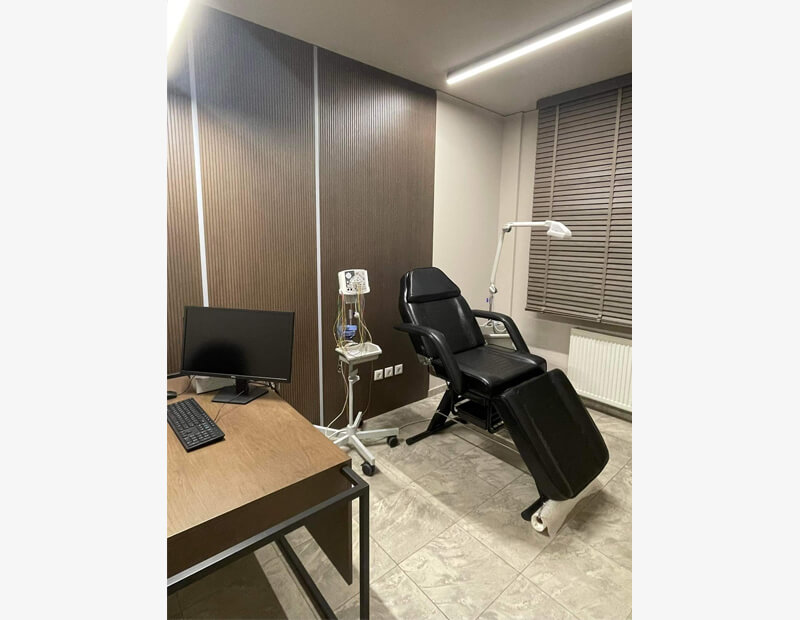
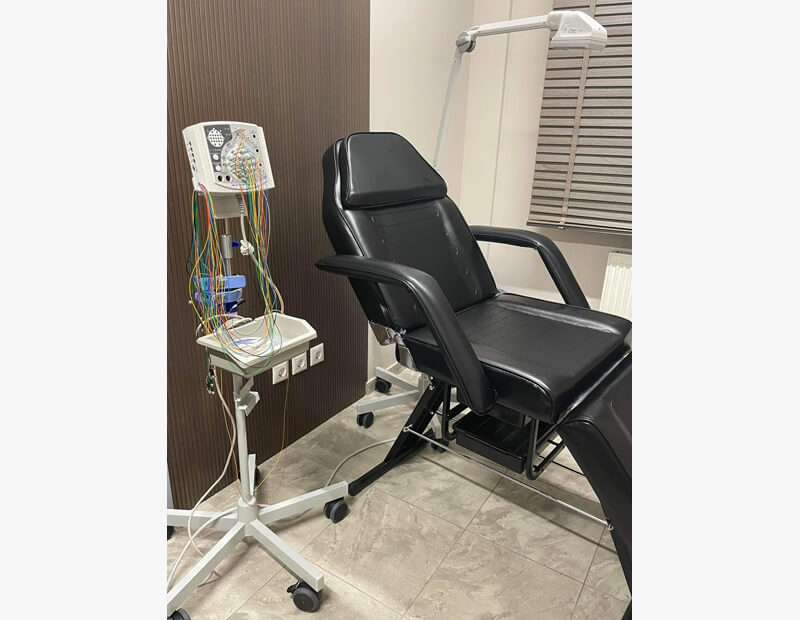
With respect to the neurological patient, the neurologist Vrizas Michael stands by him, drawing up the appropriate treatment plan!